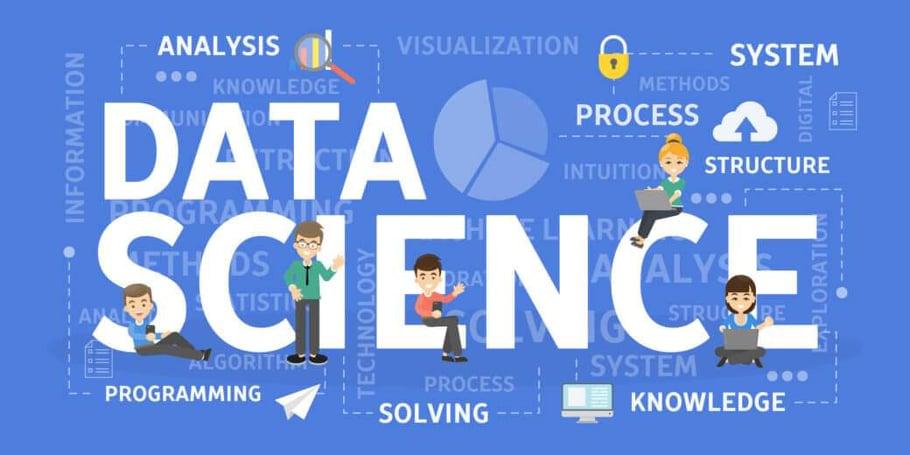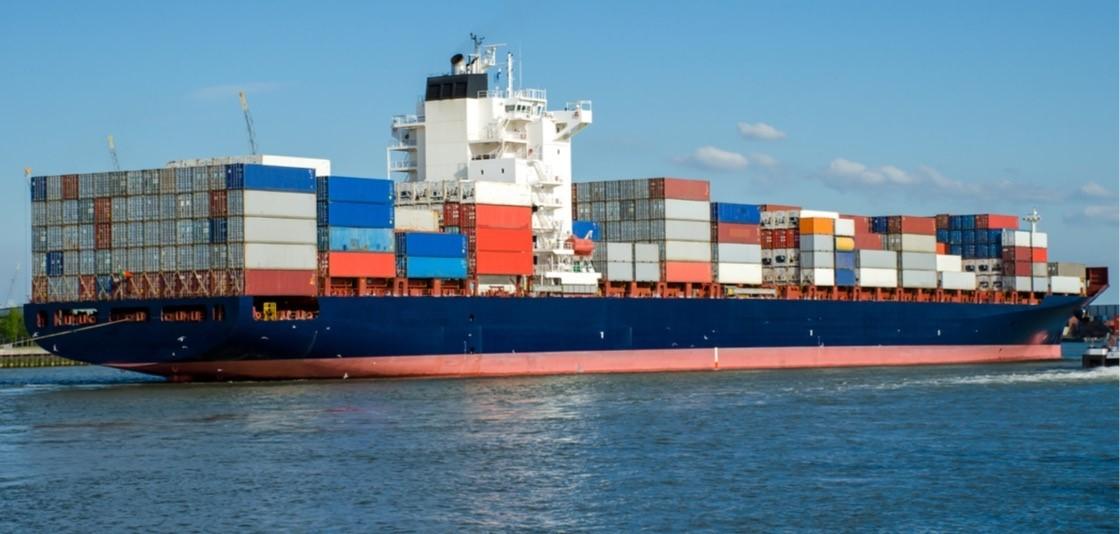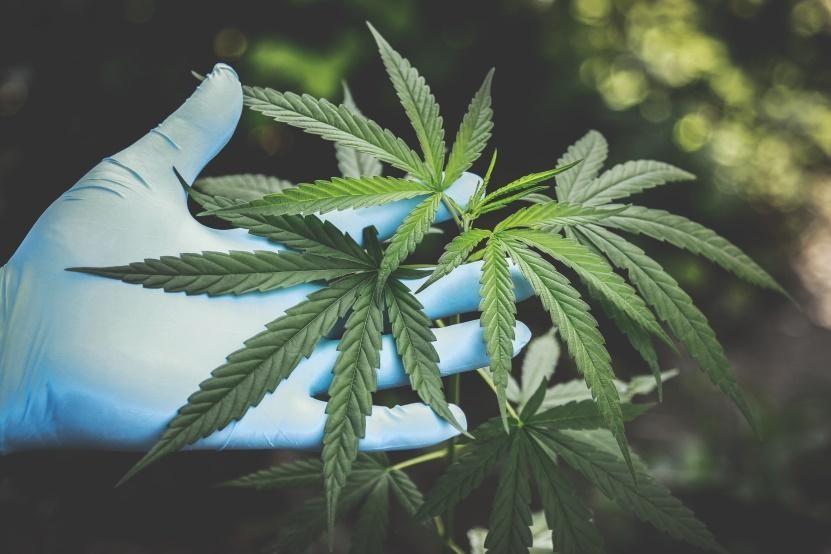
Densely populated cities are particularly vulnerable to the pandemic of the new coronavirus, and many cities in developing countries do not have the capacity to cope with the turmoil caused by responding to emergencies.
The danger is especially high for 1.2 billion people living in crowded and overcrowded informal urban settlements, where they are already dangerous and unhealthy for human life.
Very poor people and people living in slums have very limited access to sanitary facilities to stay healthy, nutritious foods, and adequate infrastructures such as tap water and electricity.
The spread of the virus in crowded cities can have widespread morbidity and mortality consequences for the urban population.
Urban food system disruption caused by the new coronavirus
The pandemic of the new coronavirus is disrupting the food system of cities around the world and is obliged to cope with rapid changes in food availability, access and prices that have a strong impact on the food security and nutritional status of urban populations.
Raises many challenges to cities and local governments. The vast majority of urban populations in developing countries rely on informal sector activities and a volatile workforce, including those related to the food system (people who sell on the streets and those who work in the fresh market), and are limited.
You have no or limited access to your assets and savings. Policies that limit the effects of the virus, such as lockdown and physical distance, can be devastating to the lives of individuals and their families, especially leading to food insecurity and malnutrition.
Poor urban dwellers can only afford small amounts of food and rely on small stores and open-air markets rather than supermarkets and some on-demand food delivery solution.
For public health reasons, attempts to close or reduce the activities of small grocery stores and open markets allow people to eat unless accompanied by alternative and protective measures targeting vulnerable groups and small businesses.
The ability to buy food and the livelihoods of producers, sellers and workers are compromised. Under these circumstances, it has been observed that many urban dwellers are at risk of returning to rural areas and spreading the virus to isolated areas with limited health services.
Food system disruptions, along with the loss of income for millions of people, can cause public unrest in many cities, especially those in Africa during the 2007-2008 food price crisis. It can lead to a surge.
The point is that unless effective programs are in place to mitigate these effects and support livelihoods, poor people in urban areas will not only spread the virus itself but also policies to prevent it from spreading. It means that it will be seriously affected by the measures.
Therefore, by sharing and expanding experiences and practices that have been proven to work, cities and local governments are involved in actions to mitigate disruptions to the food system and loss of income for workers who rely on this system.
Assistance is very important. This article introduces some of the practices that cities around the world are already implementing and recommends to support cities and local governments for food security and nutrition in the event of a new coronavirus and subsequent food security. To provide.
Current measures are taken by cities and local governments to mitigate the effects of the new coronavirus on urban food systems
Local governments around the world are working with central governments to respond to the pandemic of the new coronavirus. Actions include
(i) Taking measures to prevent the spread of the disease.
(ii) Introduce a program aimed at protecting households affected by the pandemic itself.
(iii) Take food system-oriented actions to counteract the effects of food security and nutrition restrictions (blockage, disruption of school lunches, disruption of food distribution, etc.) and prevent food system disruption.
(iv) Take action to prevent their food system from becoming a source of transmission of the disease itself.
● Food rations at the neighborhood level are being extended by government agencies and supported by community / non-governmental stakeholders who are stepping up activities to support public efforts.
● Food hubs and e-commerce (electronic commerce companies) using information and communication technology (ICT) platforms or informal networks provide effective alternatives to support distribution to consumers, retailers, caterers and producers. doing.
● Municipalities and other food system participants to improve the food environment (that is, those that physically surround people and those that are fundamental to the availability and use of nutritious foods).
Is taking action. Such actions are aimed at ensuring continued flow and access to nutritious foods for all, especially more vulnerable, while complying with hygiene and food safety standards. is.
● City governments promote responsible food purchasing behavior, educational campaigns to reduce food waste, and provide innovative mechanisms for procuring and distributing food to vulnerable people (for example, Alternatives to school lunch programs where schools are closed).
What needs to be done to assist cities and local governments in order to ensure food safety and nutrition during and after the emergency of the new coronavirus
In the short term, measures/restrictions to reduce the social costs of illness and the costs associated with responding to a new coronavirus emergency, while ensuring legal compliance with the required requirements of the population, including the business community. It is important to support the city while properly using. This can be done as follows:
● Combine the knowledge of communities and local organizations (such as slum associations) with innovative ICT to develop the ability to map access to vulnerable people to nutritious foods and identify those in need. Develop an approach based on existing activities.
● Support the development of apps by dedicated development teams to deliver food to consumers, or allow products to continue to be distributed freely, which can lead to sharp rises in food prices while complying with social health and physical distance regulations. Other sexual behavior needs to be monitored and suppressed.
● Through contextual assessment, we support the implementation of strategies to perform rigorous physical distance measurements inside and outside the market while keeping the local market open. Cities that only allow supermarkets to operate can have negative consequences in the long run. Engagement and dialogue with local food system stakeholders and civil society organizations is very important.
● The ability of local governments to promote smooth food system functioning, food aid, and other related programs run by local governments, and to act to better coordinate and ensure consistency with state-run programs.
Also read about:
Regarding The Involvement of Top Management In The Formulation And Evaluation of Strategy
To do something for a great vacation in Goa.
How to start a money transfer business in Africa










